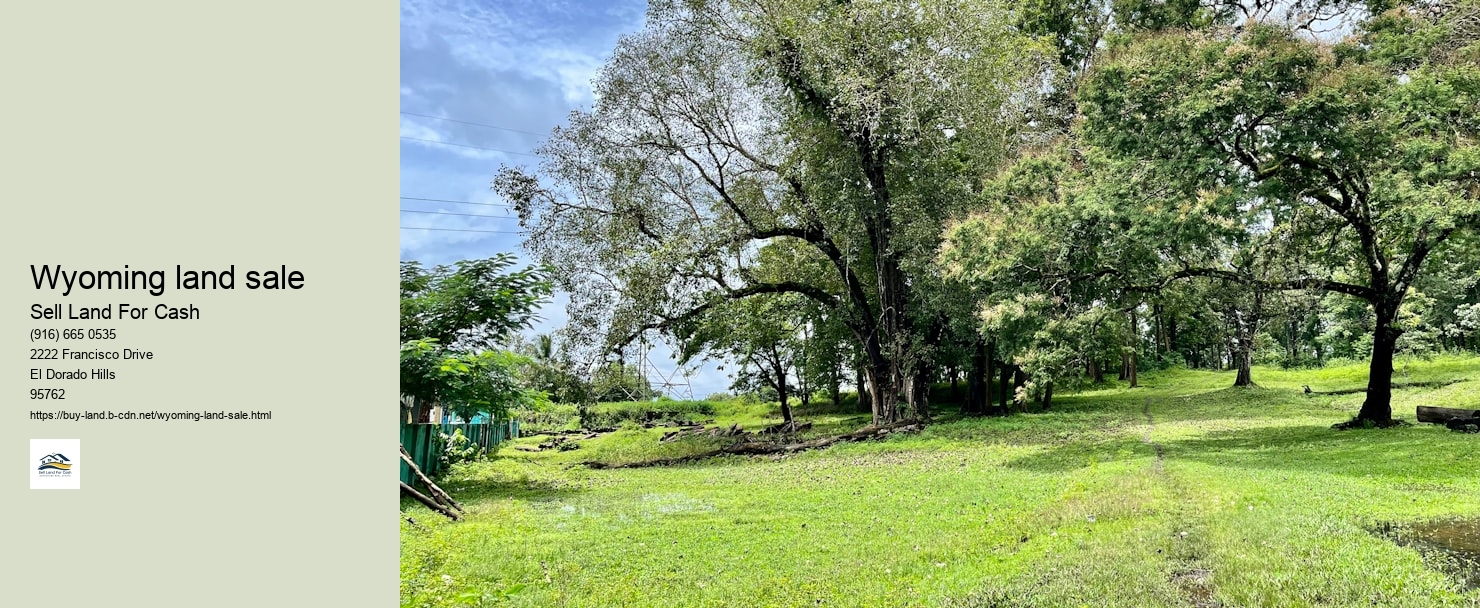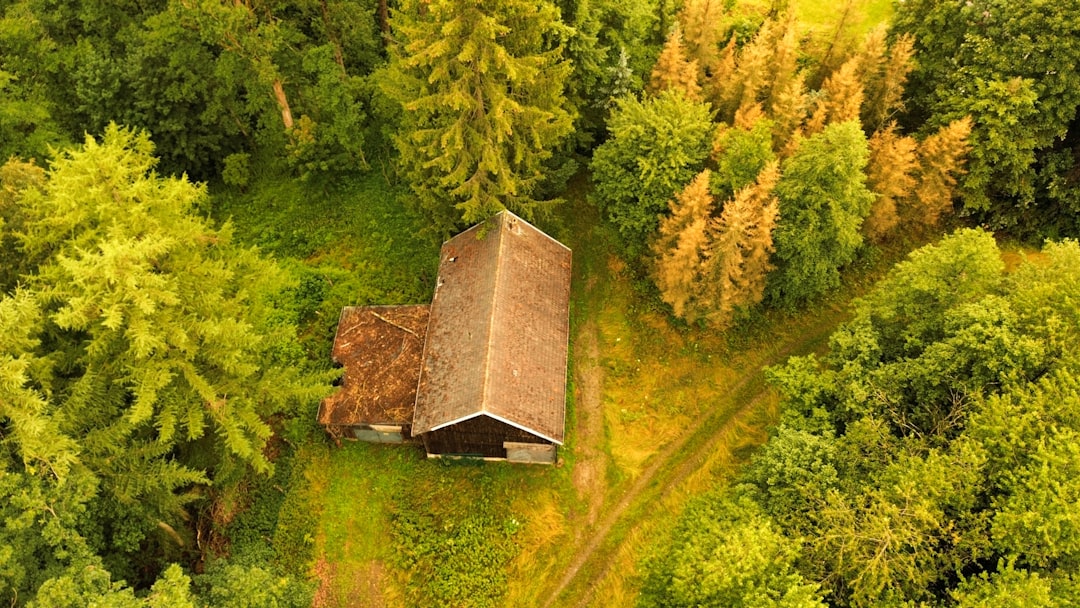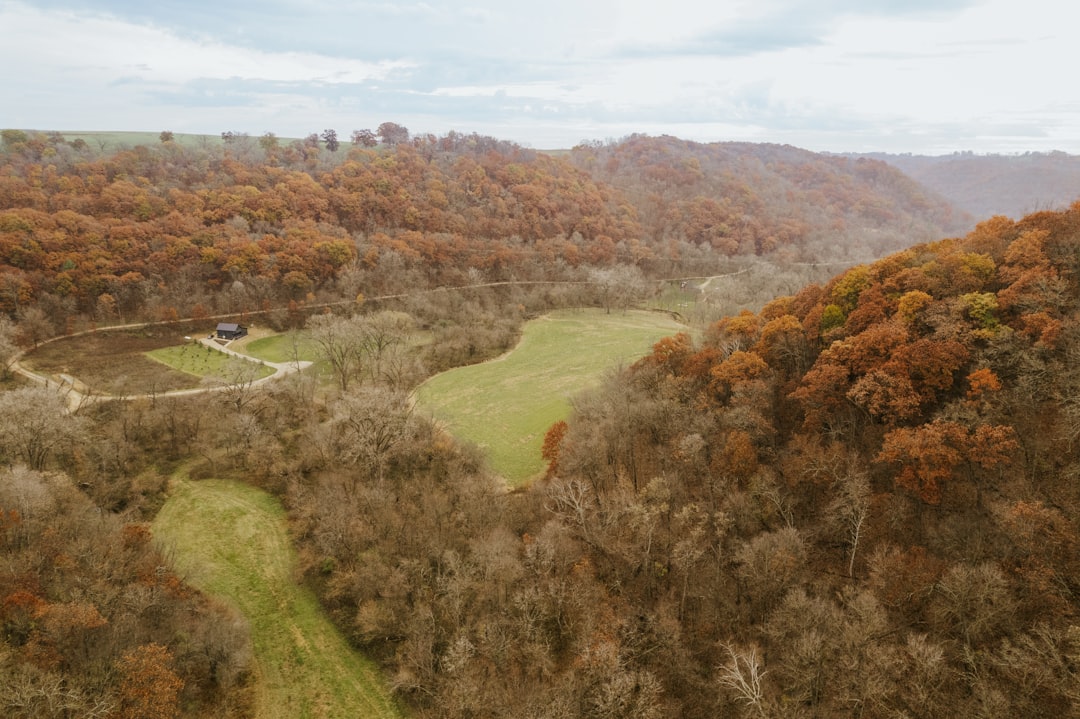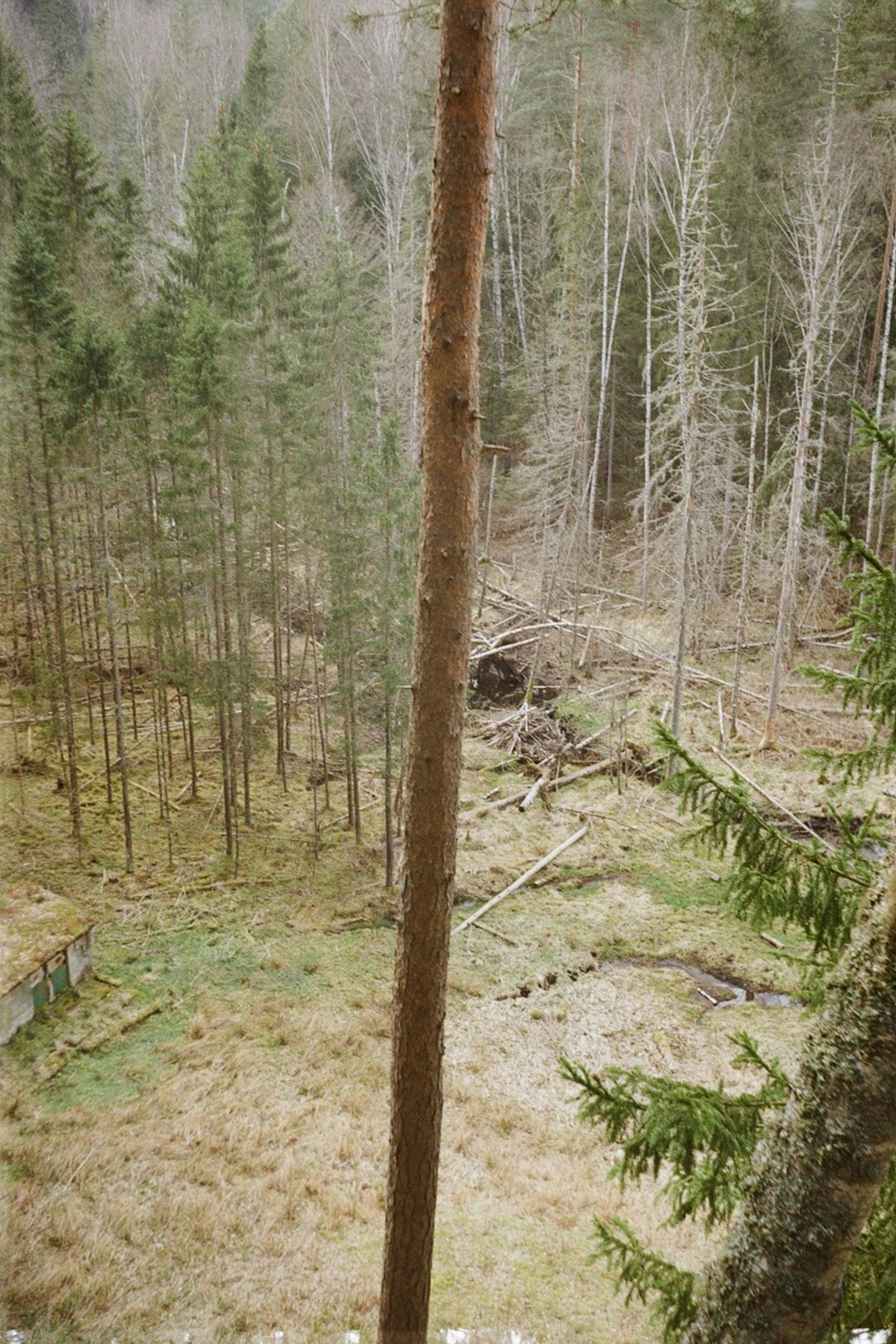

Selling your Wyoming land for cash offers numerous benefits, especially for owners looking to liquidate quickly and efficiently. Here are five reasons why cash sales make sense for Wyoming landowners.
Cash sales are faster than traditional real estate transactions, which involve lengthy approval processes and multiple inspections. A cash buyer often comes prepared to move forward without contingencies, allowing you to complete the sale in weeks instead of months.
A cash sale involves fewer complications, especially in terms of financing. There’s no need for a buyer to secure a mortgage or undergo bank approval, reducing the chances of last-minute deal collapses due to financing issues.
Cash sales reduce the number of third-party fees, including lender and mortgage fees. These reductions mean you can keep more profit from the sale, making cash offers financially appealing.
Many cash buyers are willing to purchase land “as-is,” meaning you don’t need to invest time or money into improvements. This can be particularly useful for Wyoming land that might require extensive prep work to appeal to conventional buyers.
With a cash sale, you can feel more secure about the deal going through. Cash transactions tend to close faster, with fewer back-and-forth negotiations, which provides peace of mind for sellers wanting a streamlined process.
Selling Wyoming land for cash offers speed, financial advantages, and a smoother process overall. For those seeking a straightforward transaction, a cash sale may be the best route.
If you’re looking to sell your Wyoming land for cash, attracting the right buyers is essential. Here are effective strategies to bring cash buyers to your property.
Wyoming is known for its natural beauty, and cash buyers are often looking for land with unique features. Emphasize aspects like mountain views, water access, or proximity to recreational areas to make your property stand out.
Great visuals can make a big difference in attracting cash buyers. Invest in high-quality images and aerial shots to showcase the full extent of the land’s appeal. Videos can also give buyers a virtual tour, helping them envision the property’s potential.
Platforms like LandWatch, Zillow, and LoopNet are popular among land buyers. Listing your Wyoming land on these sites can increase visibility to cash buyers specifically looking for land investments.
Make it easy for buyers to view the land, including options for virtual tours. The more accessible your property is, the more likely you are to attract serious cash buyers who may be ready to close quickly.
Attracting cash buyers for your Wyoming land involves showcasing unique features, using high-quality visuals, and listing on relevant platforms. These strategies can help you reach motivated buyers who are ready to close fast.
Wyoming (/waɪˈoʊmɪŋ/ ⓘ wye-OH-ming) is a landlocked state in the Mountain West subregion of the Western United States. It borders Montana to the north and northwest, South Dakota and Nebraska to the east, Idaho to the west, Utah to the southwest, and Colorado to the south. With a population of 576,851 in 2020, Wyoming is the least populous state despite being the 10th largest by area, with the second-lowest population density after Alaska. The state capital and most populous city is Cheyenne, which had a population of 65,132 in 2020.
Wyoming's western half consists mostly of the ranges and rangelands of the Rocky Mountains; its eastern half consists of high-elevation prairie, and is referred to as the High Plains. Wyoming's climate is semi-arid in some parts and continental in others, making it drier and windier overall than other states, with greater temperature extremes. The federal government owns just under half of Wyoming's land, generally protecting it for public use. The state ranks sixth in the amount of land—and fifth in the proportion of its land—that is owned by the federal government. Its federal lands include two national parks (Grand Teton and Yellowstone), two national recreation areas, two national monuments, and several national forests, as well as historic sites, fish hatcheries, and wildlife refuges.
Indigenous peoples inhabited the region for thousands of years. Historic and currently federally recognized tribes include the Arapaho, Crow, Lakota, and Shoshone. Part of the land that is now Wyoming came under American sovereignty via the Louisiana Purchase, part via the Oregon Treaty, and, lastly, via the Mexican Cession. With the opening of the Oregon Trail, the Mormon Trail, and the California Trail, vast numbers of pioneers traveled through parts of the state that had once been traversed mainly by fur trappers, and this spurred the establishment of forts, such as Fort Laramie, that today serve as population centers. The Transcontinental Railroad supplanted the wagon trails in 1867 with a route through southern Wyoming, bringing new settlers and the establishment of founding towns, including the state capital of Cheyenne. On March 27, 1890, Wyoming became the union's 44th state.

Selling land in Wyoming for cash is a process that, while straightforward, requires careful attention to detail and an understanding of both the legal and practical aspects involved.. Wyoming’s vast landscapes and open spaces make it an appealing location for buyers looking for investment opportunities or personal retreats.
Posted by on 2024-09-30

Selling land can often be a complex and drawn-out process, but if you’re looking to quickly sell your Wyoming land for cash, there are several strategies you can employ to expedite the sale.. Known for its vast landscapes and low population density, Wyoming offers unique opportunities and challenges when it comes to real estate transactions.
Posted by on 2024-09-30

Unlocking the hidden value of Wyoming land and selling it for top cash offers is an intriguing endeavor that combines both the allure of nature and the shrewdness of real estate acumen.. With its vast landscapes, rich history, and sparse population, Wyoming offers a unique opportunity for landowners to maximize their returns by understanding and leveraging the intrinsic qualities of their property. At first glance, Wyoming might appear as a quiet expanse dominated by rugged terrains and open skies.
Posted by on 2024-09-30

Transforming your Wyoming acres into instant cash might sound like an elusive dream, but with the right approach, it can become a tangible reality.. The vast landscapes of Wyoming offer more than just breathtaking views—they present a plethora of opportunities for enterprising landowners willing to think outside the box. Firstly, it's crucial to understand the potential of your land.
Posted by on 2024-09-30
For landowners in Wyoming, selling land for cash can be a streamlined alternative to traditional sales. Here’s an overview of the cash sale process and what you can expect.
Before listing, research comparable sales in your area to determine a competitive price. Cash buyers are often savvy investors, so setting a realistic price is essential for attracting serious offers.
Create a listing with high-quality images and detailed descriptions. Highlight any unique aspects that add value, such as location near national parks, mountain views, or access to roadways. Posting on land-specific sites and social media can expand your reach.
Once offers start coming in, review them carefully. Cash offers may come with fewer contingencies but can vary in terms of timing and other conditions. Ensure the buyer has proof of funds to avoid delays.
Although cash transactions are generally faster, due diligence is still essential. Verify that your title is clear, with no outstanding liens or encumbrances. Working with a title company or attorney can help ensure a smooth transfer of ownership.
The closing process is often quicker with cash sales, involving fewer steps. Once the title is transferred, and funds are secured, the sale is complete, and you receive payment promptly.
Understanding the cash sale process for Wyoming land helps ensure a smooth transaction. By researching, marketing effectively, and reviewing offers, you can secure a fast and successful cash sale.


Even though cash buyers are often willing to purchase land “as-is,” taking a few steps to prepare your Wyoming land can attract higher offers and expedite the sale.
Gather important documents like the deed, survey maps, and recent tax records. Having these available streamlines the process, allowing potential buyers to move forward confidently.
Ensure that the land is easy to access for potential buyers. This could mean clearing overgrown paths, adding signage, or even arranging virtual viewings to help out-of-state buyers get a sense of the property’s layout.
Basic cleanup goes a long way. Remove any debris or litter, and clear any underbrush that might make the land look neglected. A tidy, well-presented piece of land will leave a positive impression on potential buyers.
If your property has access to water, scenic views, or is near a popular recreational area, make these features known. Mentioning these unique aspects helps cash buyers see the value and potential in the land.
Preparing your Wyoming land for a cash sale can increase its appeal and attract higher offers. With basic cleanup, easy access, and organized documentation, you’ll be ready to attract motivated cash buyers.
Setting the right price is crucial when selling Wyoming land for cash. Here’s how to determine a fair price that attracts serious cash buyers.
Start by looking at recent sales of similar properties in Wyoming. Consider factors like location, size, and any special features to get an idea of market trends.
If your land has unique qualities, like access to water, mountain views, or development potential, these should factor into your price. These features often attract higher bids, especially in a cash sale.
Cash buyers appreciate flexibility. Setting your price slightly above your bottom line allows room for negotiation while still achieving your goals.
If you’re unsure, a real estate agent or appraiser can offer valuable insights into local market conditions. Their expertise can help you set a price that appeals to cash buyers while maximizing your profit.
Pricing Wyoming land for a cash sale involves research, consideration of unique features, and flexibility. By setting a competitive price, you can attract serious cash buyers ready to move forward with a quick transaction.


Negotiating with cash buyers requires strategic planning. Here’s how to approach the process for the best outcome.
Understanding your land’s worth allows you to set a fair price and negotiate from a position of confidence.
Cash buyers may offer a lower price for a faster closing. Consider whether you’re willing to accept a slightly reduced price for the speed of the transaction.
Agree on terms like closing dates and any included assets upfront. Having everything in writing helps avoid misunderstandings later on.
Successful negotiation with cash buyers involves understanding your land’s value, staying open to offers, and setting clear terms. Being prepared and flexible can lead to a successful sale.
Once you’ve sold your Wyoming land for cash, here are a few key steps to consider.
Retain all sale documents, including the contract and title transfer paperwork. These will be essential for tax and legal purposes.
Selling land for cash may involve capital gains tax. Consult with a tax professional to understand your obligations and potential deductions.
Decide how you’ll use the proceeds from the sale, whether that’s reinvesting in property, starting a business, or saving for the future.
After selling your Wyoming land for cash, keeping documentation, addressing tax obligations, and planning your next steps are crucial to maximizing the benefits of the sale.

A cash sale can often close within 7-30 days after agreeing on terms, depending on due diligence requirements and title work completion.
Start by gathering all necessary documents, such as the deed, recent surveys, and any permits. This helps in verifying ownership and understanding property boundaries.
Utilize online real estate platforms, social media, local classifieds, and consider hiring a real estate agent with experience in land sales.
Selling through an agent may provide access to more resources and expertise, while selling on your own might save on commission fees but requires more effort.
Ensure you have clear title ownership and understand state-specific regulations regarding disclosures and contracts; consulting an attorney may be beneficial.